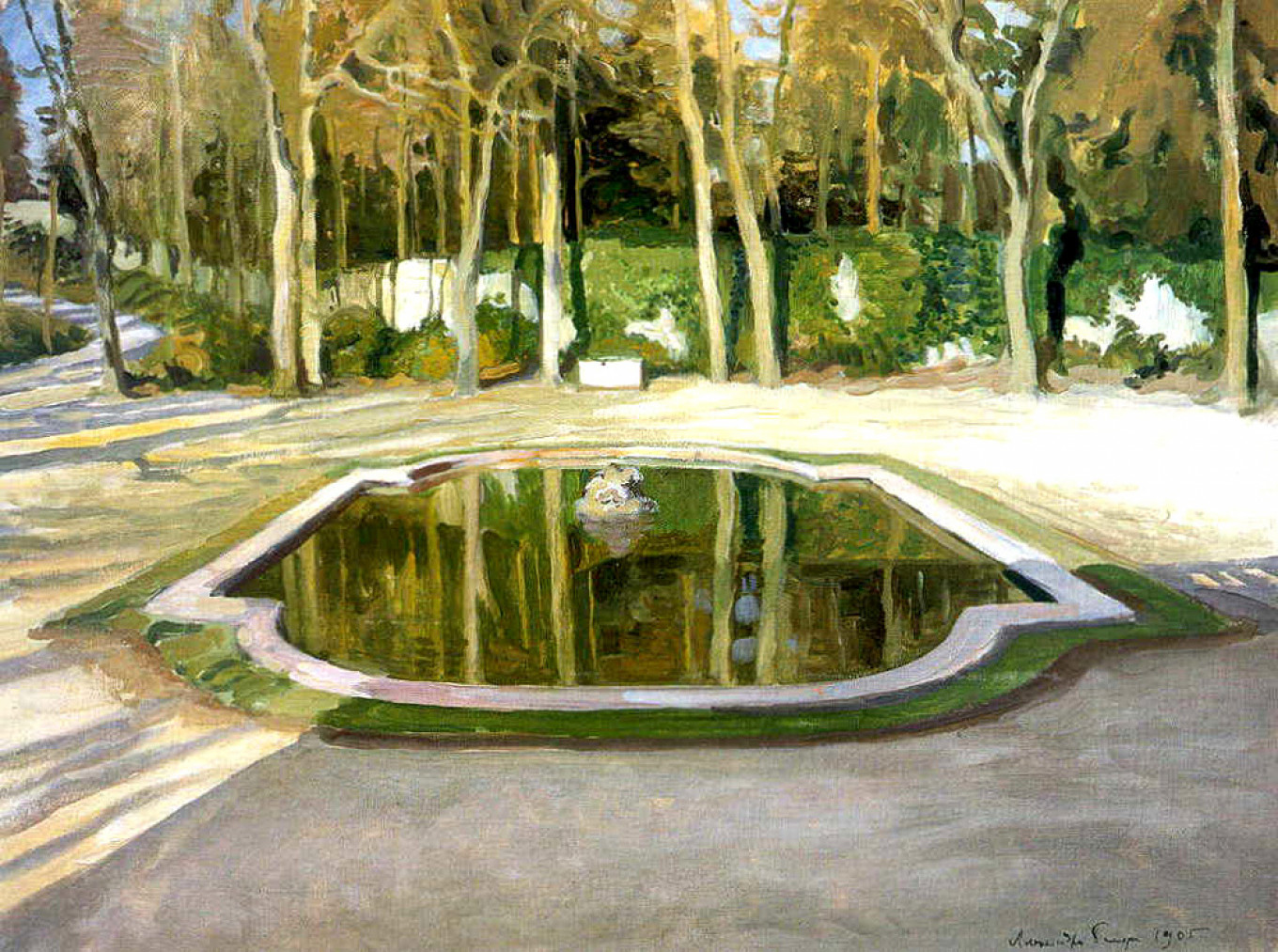The two capitals, Moscow and St. Petersburg, are hosting some must-see events in March that should appeal to every taste, be it a predeliction for contemporary feminist body decoration or fin de siècle sensibilities. Here are our picks for Moscow.
Golden Mask: Feb.-April
Golden Mask is Russia’s largest festival devoted to theater, which plays an important role in Moscow’s cultural life. Established in 1993, the festival is a rare opportunity to see the most interesting productions from all over Russia. The nominations include all the big players from Moscow, St. Petersburg, Yekaterinburg, Perm, etc., but also some very innovative productions like “1,000 Steps with Kirill Serebrennikov” by Mobile Art Theater, which plays on an app on your phone, or “Version of Seagull” — Anton Chekhov’s play transported to a creative cluster in a forest.
www.goldenmask.ru
Miramar: March 7
Get a jump on the long holiday weekend and sway to the beat of Miramar, a group from Puerto Rico, who are bringing their sunny Latin American rhythms to rainy Moscow for the first time on Saturday. Not only will you get to slip into a romantic holiday vibe, your entrance fee will go to support programs for people with disabilities in Russia. Folks with disabilities of any kind get in free. Just say the promocode “inva.” Concert begins at 2 p.m.
Coin Event Hall.71/5 Pyatnitskaya Ulitsa, Bldg. 2. Metro Paveletskaya. perspektiva-inva.ru/announce/5337-2020-02-28-15-00-23
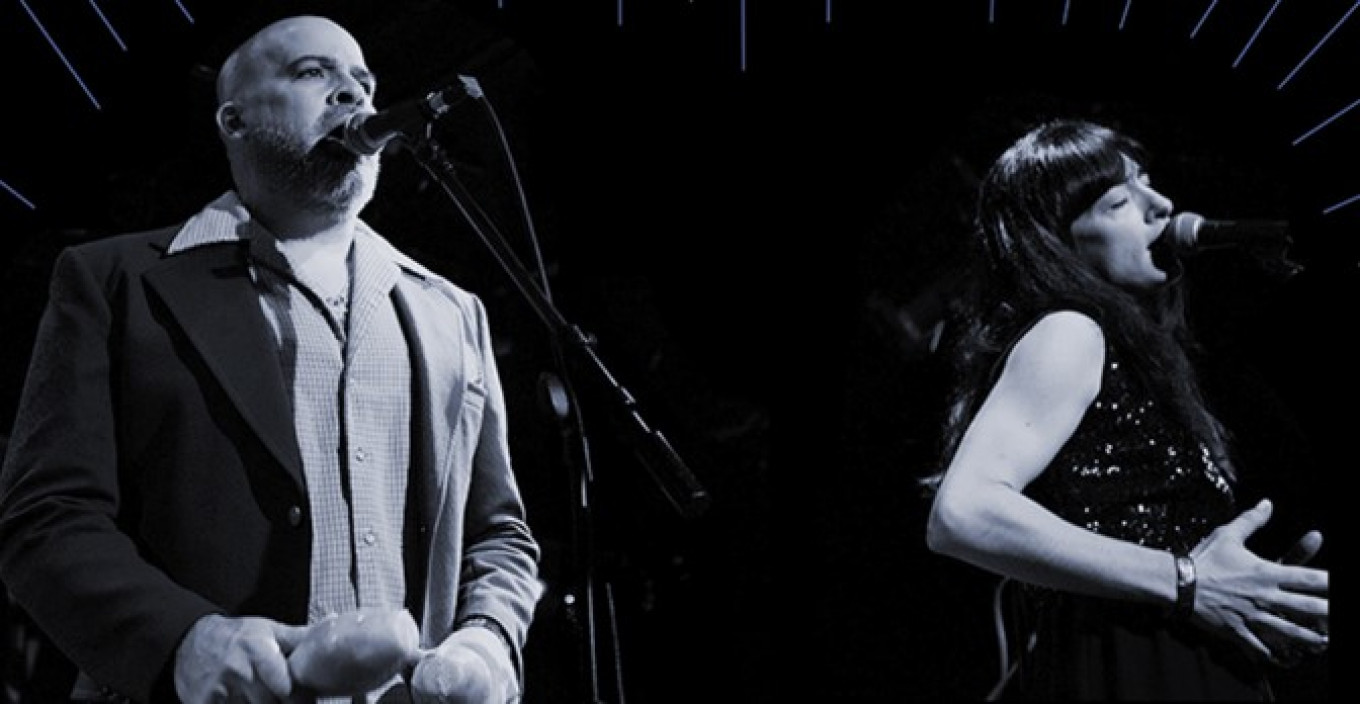
Ninth of March: Feminist Jewlery
The first of its kind exhibition of feminist jewelry in Moscow will launch at GROUND Solyanka gallery right after International Women’s Day (March 8). The organizers want to start a discussion on the role of gender stereotypes with the help of rings, earrings and pendants made of silver, threads and even fragments of umbrellas. More than eighty art jewelers from all over the world will bring their best conceptual works that feel more like contemporary art than jewelry.
March 9 to April 7
1/2 Ulitsa Solyanka, Bldg. 2. Metro Kitay-gorod. solyanka.org
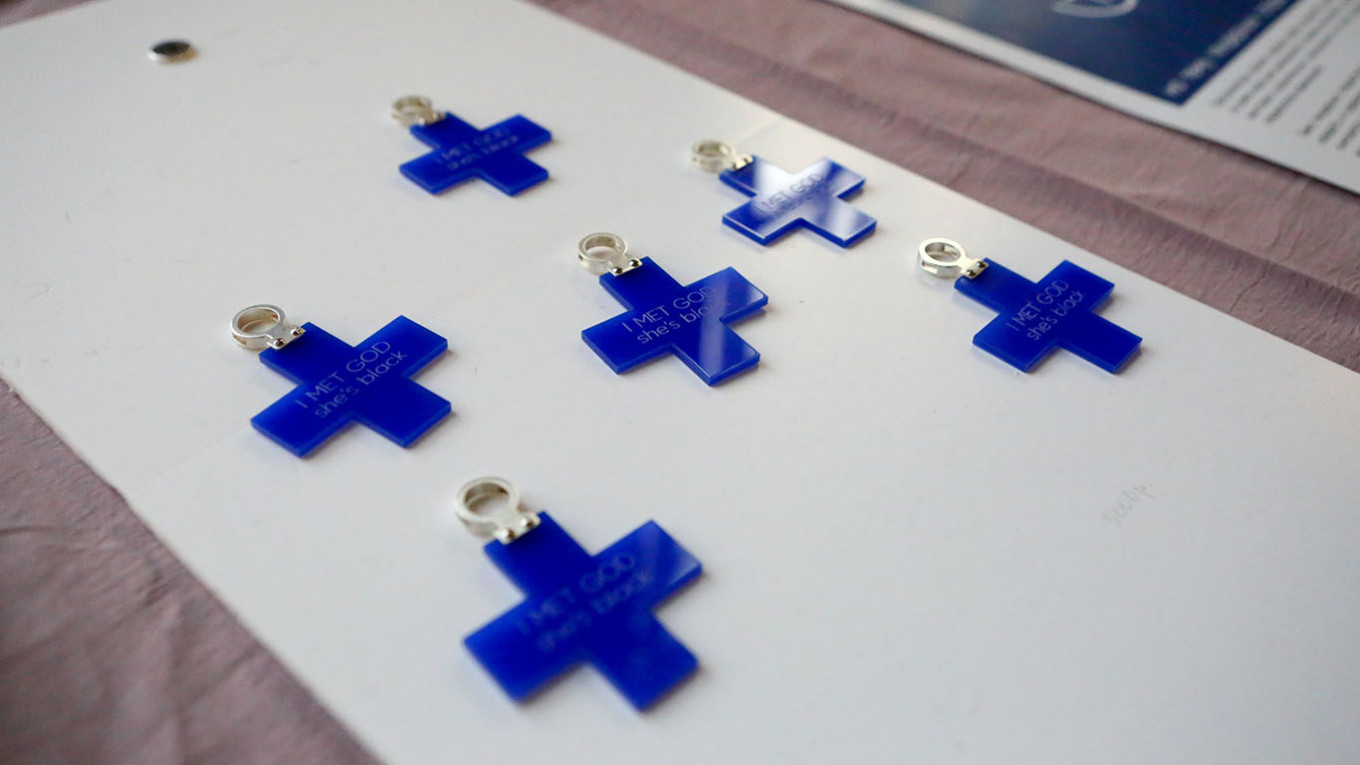
Norma: March 4, 5
“Norma” is the latest production by Maxim Didenko at Malaya Bronnaya Theater, one of the leading directors on Moscow’s experimental theater scene. “Norma,” based on the first novel by one of Russia’s most notable contemporary writers, Vladimir Sorokin, about an alternate Soviet reality where everyone has to eat a daily ration of excrement. The production is a mix of several genres: there’s a bit of a musical, with actors singing Sorokin’s poems, there’s a one-man show with popular TV and cinema star Yevgeny Stychkin’s brilliant monologue about life at the dacha, and then there’s physical theater performed by the famous Dmitry Brusnikin’s Workshop company.
1 Ploshchad Zhuravleva. Metro Eletrozavodskaya. mbronnaya.ru
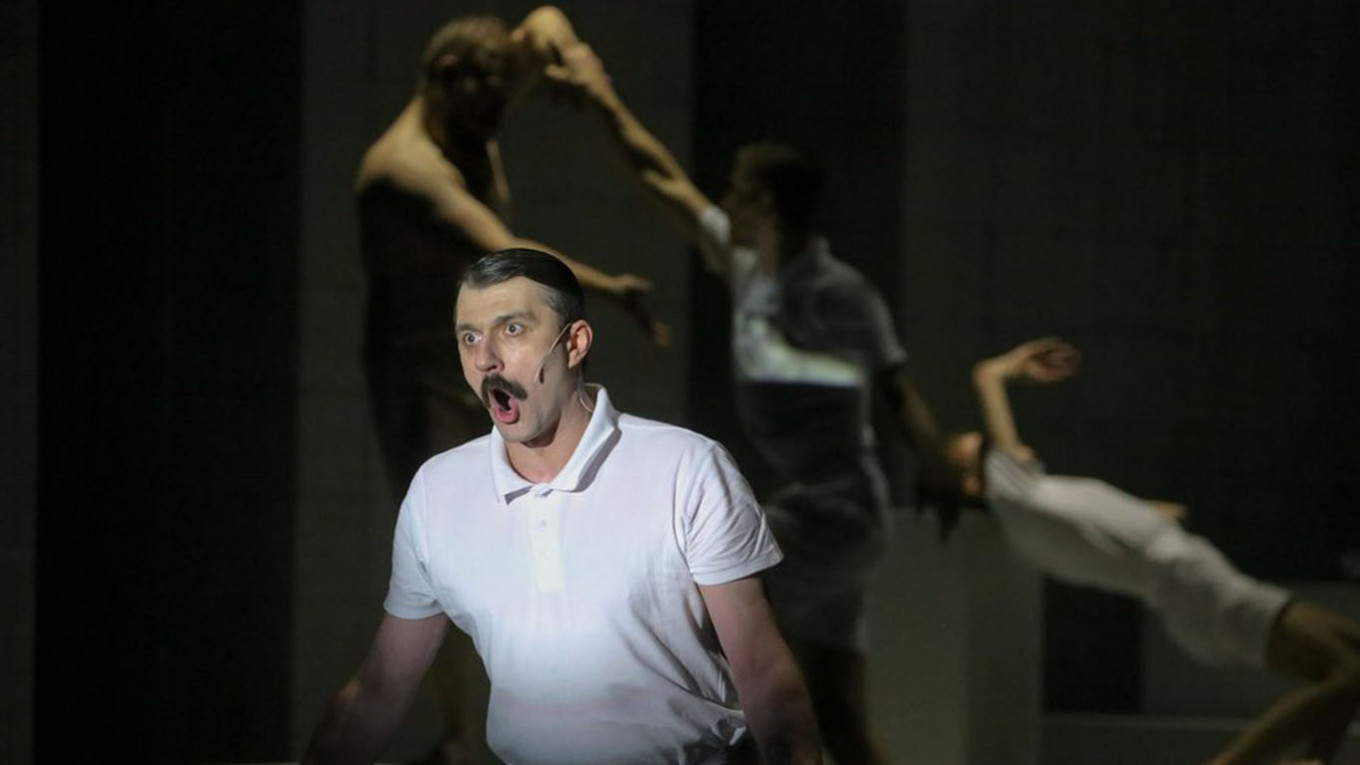
28 Days: March 10, 20, 23
“28 Days” is a Teatr.doc production co-directed by Yury Muravitsky, who got an award at the prestigious Fringe Festival in Edinburgh for “Pussy Riot,” based on Maria Alekhina’s memoirs. “28 Days” starts as an ironic reflection on menstruation and its societal taboo. Playwright Olga Shilyayeva called her play “the tragedy of the menstrual cycle.” But gradually the irony is replaced by a discussion of the important issues of gender inequality, neglect of differences in women’s and men’s health, domestic and family abuse.
69 Sadovnicheskaya Naberezhnaya. Metro Novokuznetskaya. teatrdoc.ru
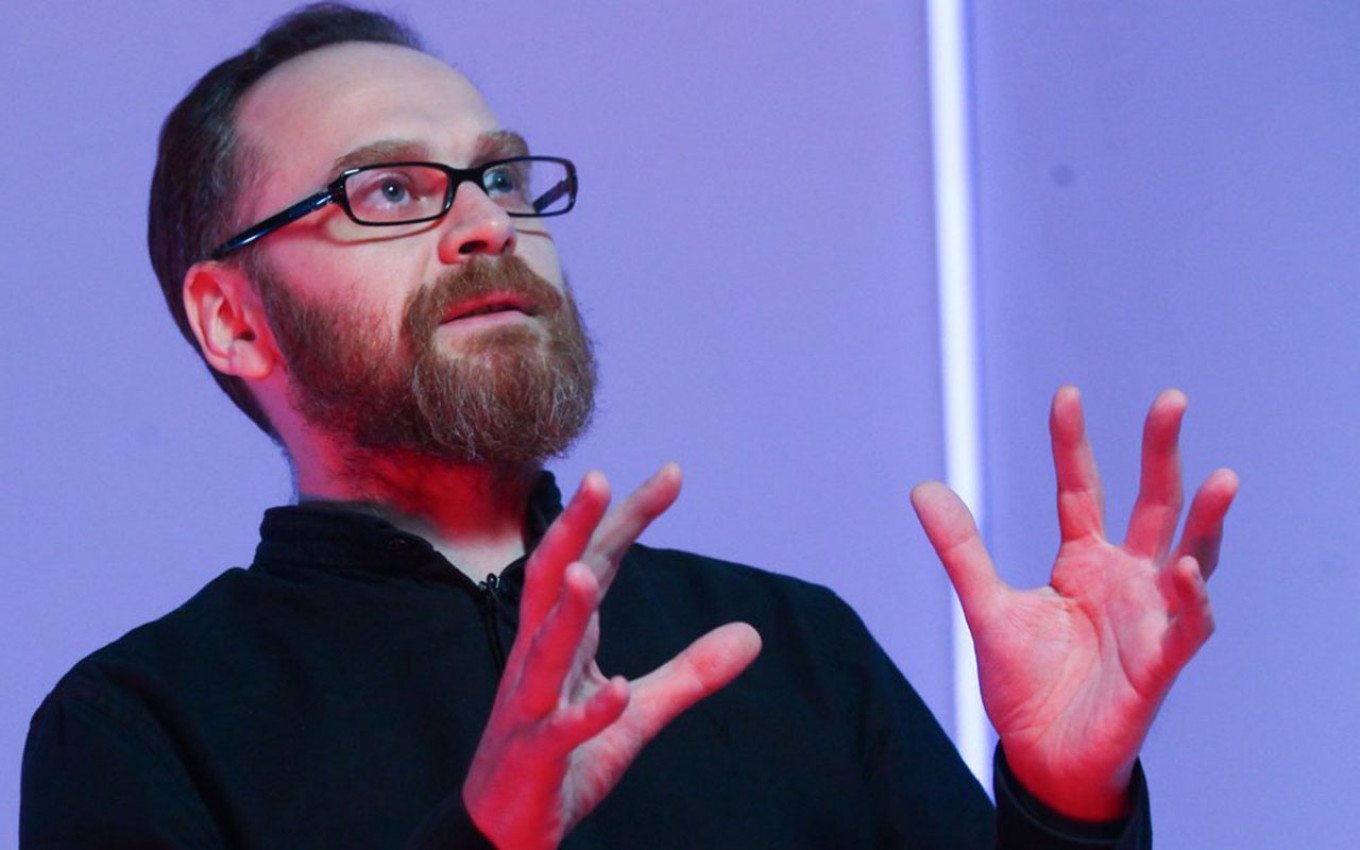
The Village of Stepanchikovo: March 26, 27
“The Village of Stepanchikovo and its Inhabitants” is one of the major premieres at the Theater of Nations this season. Based on Fyodor Dostoyevsky’s satirical novel of the same name, the production is directed by Yevgeny Marchelli, one of Russia’s most prominent theater directors who, until recently, headed Volkov Theater in Yaroslavl. “The Village of Stepanchikovo” is about nobles in a small village all falling under the spell of a conman.
3 Petrovsky Pereulok. Metro Chekhovskaya. theatreofnations.ru
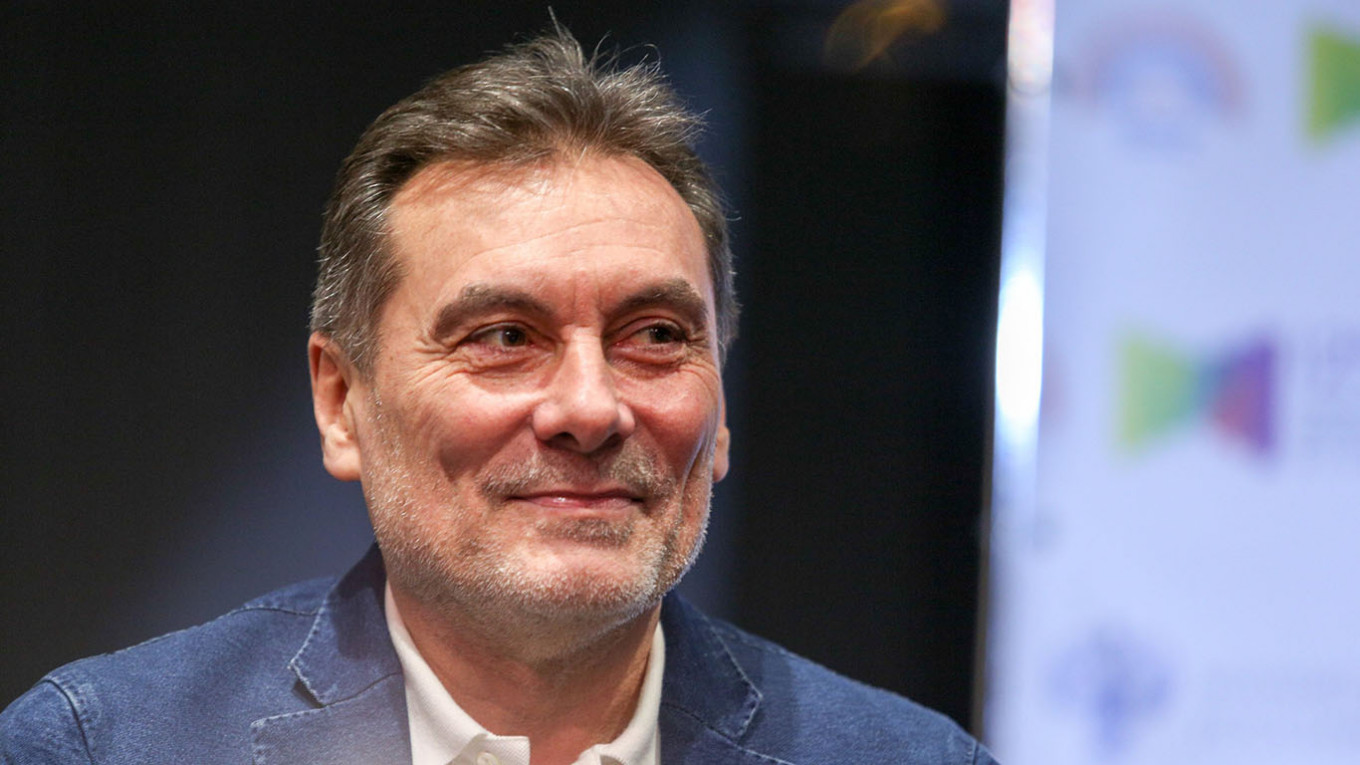
Museums and theaters are also buzzing in St. Petersburg in March. Here are a few events we’ll be lining up for.
Boris Kustodiev
Boris Kustodiev is one of the most beloved Russian/Soviet painters. He depicted the life of Russian peasants and merchants, employing a unique style reminiscent of traditional Russian popular prints. Almost half of his career he spent bound to a wheelchair, but despite that continued painting up till the year of his untimely death. KGallery is showing about 100 works of Kustodiev from several private collections, including paintings, drawings and prints.
Feb. 21 to April 26
24 Naberezhnaya reki Fontanki. Metro Gostiny Dvor. www.kgallery.ru
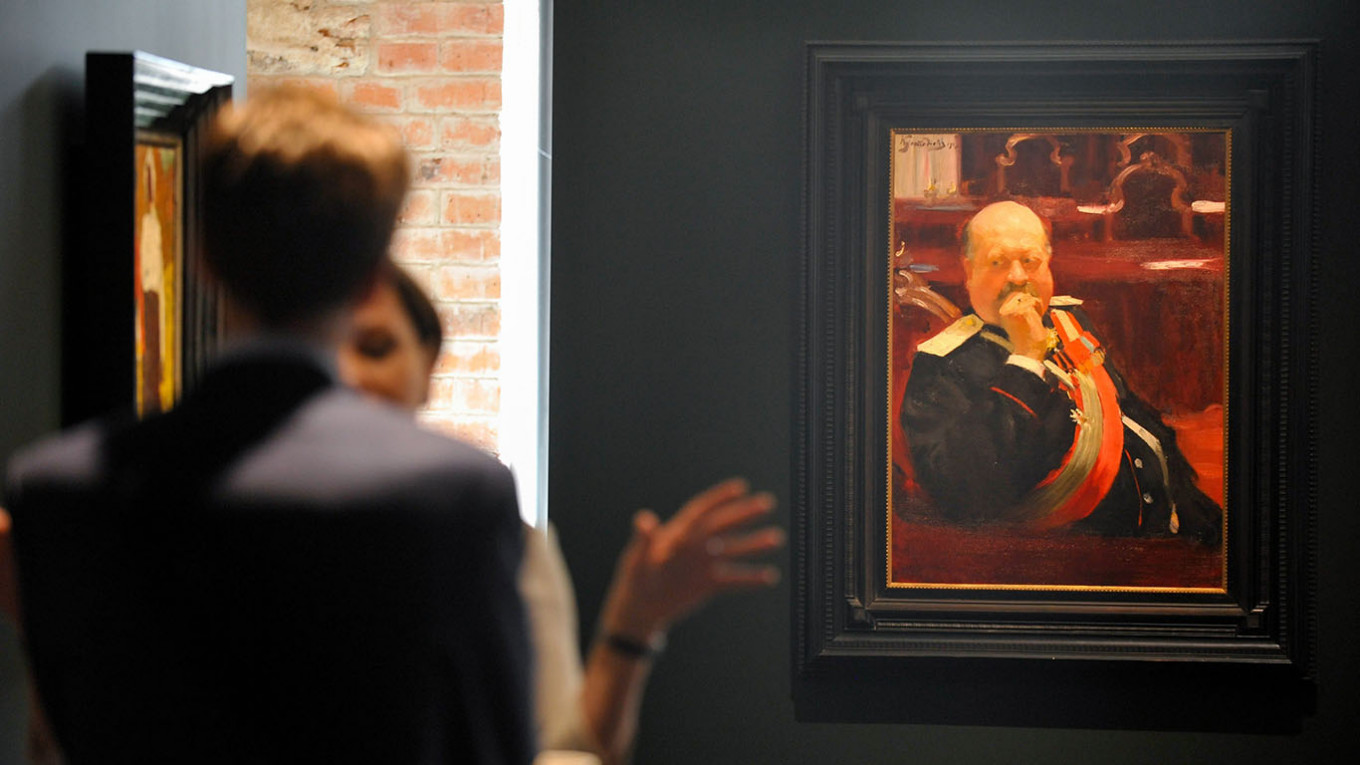
Volnenie: March 4
Volnenie (Excitement) is the latest theater production by Ivan Vyrypaev, who many consider number one contemporary Russian playwright, at Bolshoi Dramatichesky Theater (BDT). Volnenie is not only written, but also directed by Vyrypaev. The plot revolves around an interview of a Nobel-worthy German-Polish writer, now residing in New York, by an ambitious young journalist from Poland. The writer is played by Alisa Freindlich, already in her 80s and one of the most revered artists of her generation.
65 Naberezhnaya reki Fontanki. Metro Gostiny Dvor. bdt.spb.ru
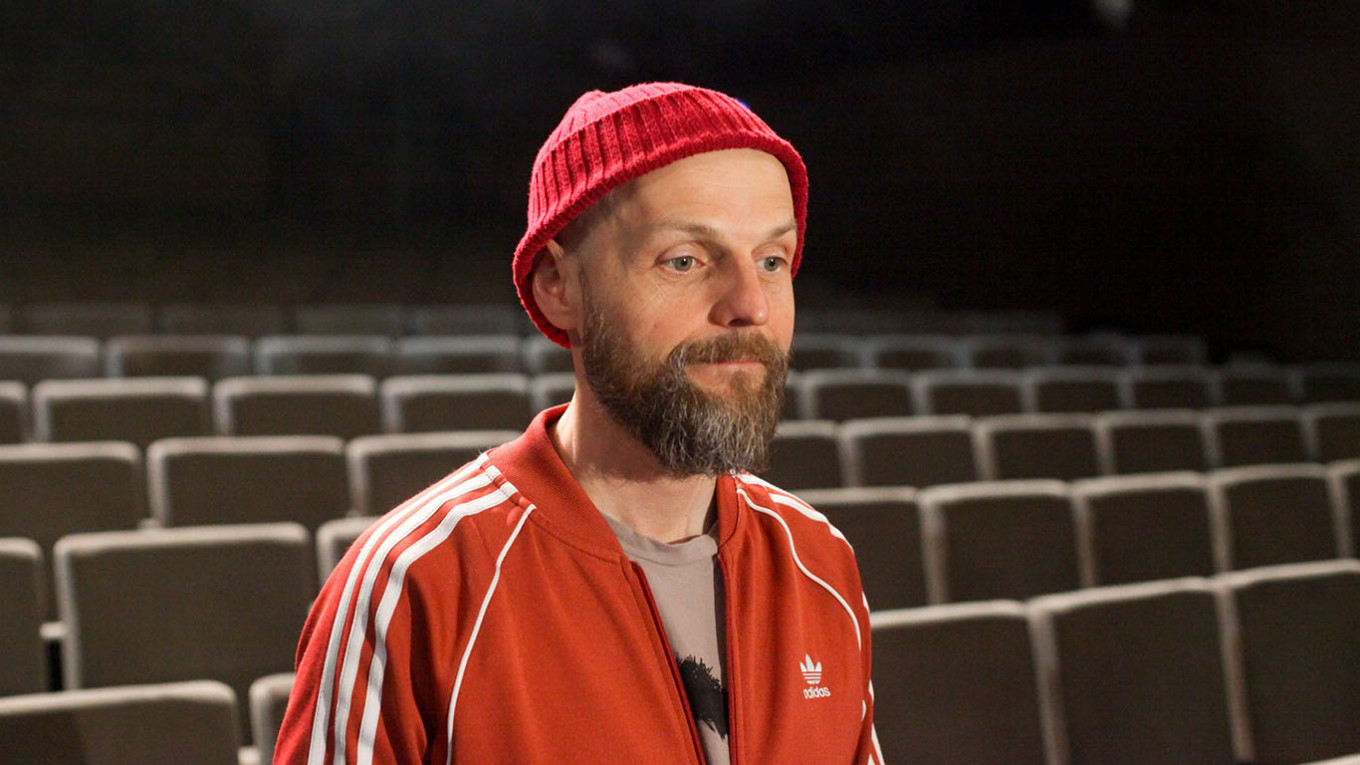
Laboratory of the Future: Kinetic Art in Russia.
A large exhibition devoted to Russian kinetic art is open at Central Exhibition Hall Manege featuring more than 400 objects from the Tretyakov Gallery and the Russian Museum. “Laboratory of the Future” gathers the kinetic artists of the 1960/70s — Vyacheslav Koleichuk, Francisco Infante together with their avant-garde predecessors (Alexander Rodchenko, El Lisitsky, Vasily Kandinsky) and contemporary artists (art group Recycle). The objects include moving objects, transforming sculptures, sound and light installations, optical painting, collages and video projections.
Feb. 14 to March 29
1 Isaakievskaya Ploshchad. Metro Admiralteiskaya. manege.spb.ru/en
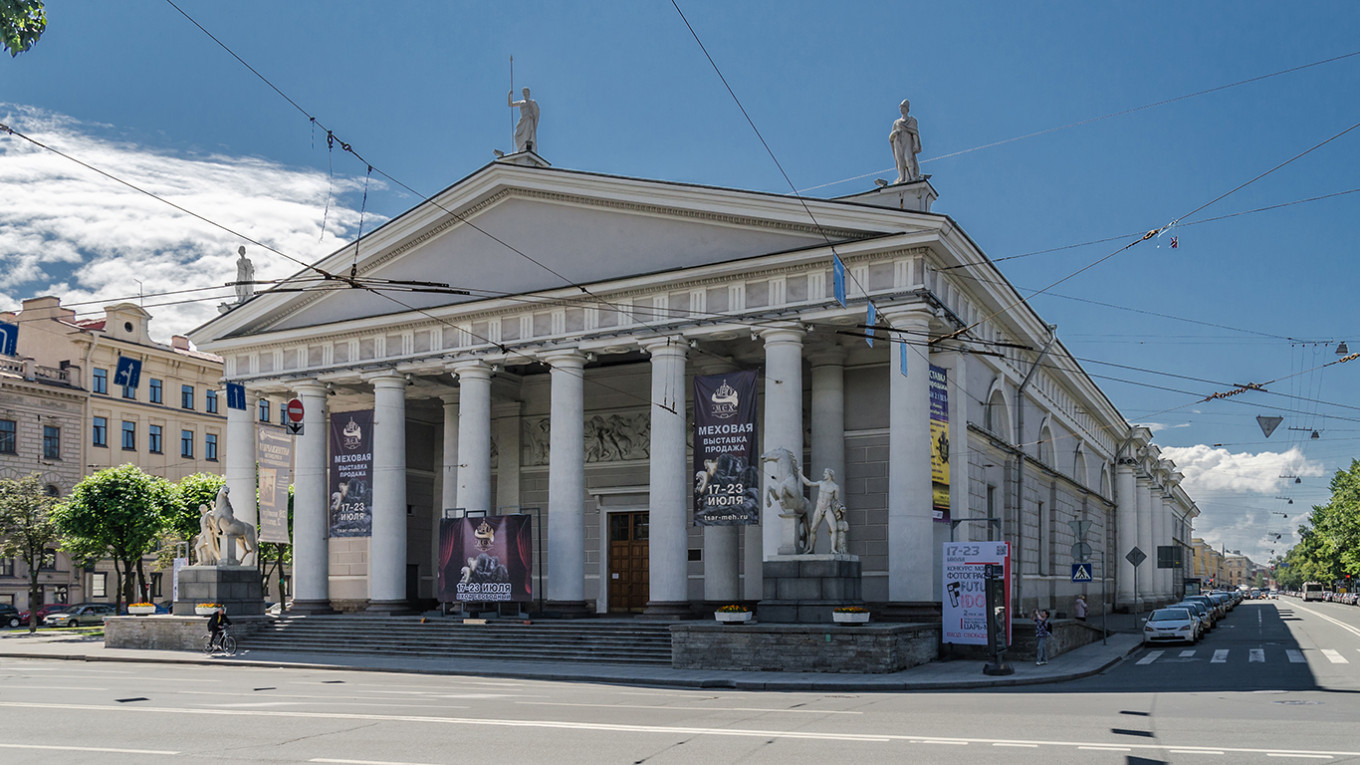
Groza: March 25
Groza (The Storm) at Bolshoi Dramatichesky Theater (BDT) is a collaboration between Andrei Moguchy, one of Russia’s most prominent theater directors, Alexander Manotskov, one the leading new academic composers, and Vera Martynov, former artistic director at Gogol Center. Manotskov wrote the music to Ostrovsky’s play, while Martynov thought up a unique stage design, including curtains featuring Palekh miniature paintings. Moguchy’s production of Aleksandr Ostrovsky’s perennial classic tries to recreate theater as it was “before Stanislavsky.”
65 Naberezhnaya reki Fontanki. Metro Gostiny Dvor. bdt.spb.ru
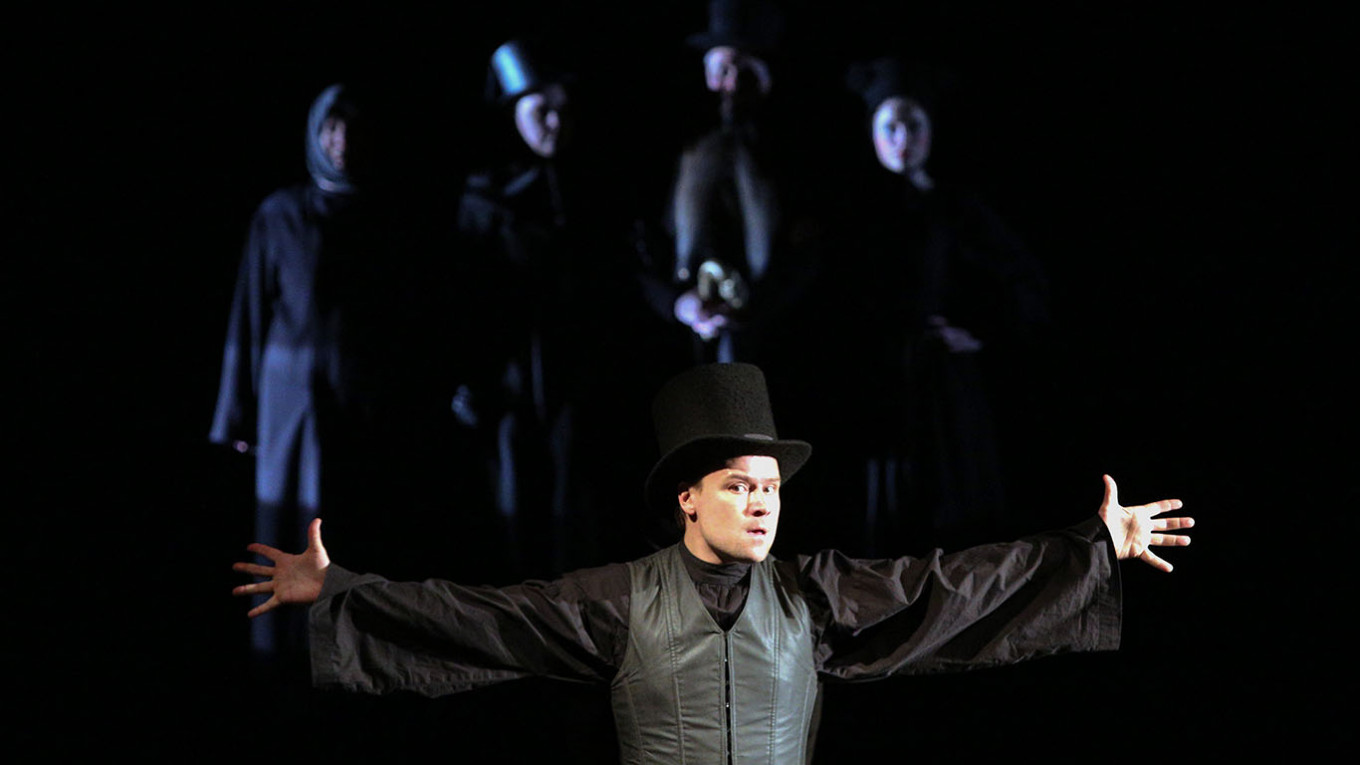
Alexander Benois (1870-1960): 150th Anniversary
The State Russian Museum continues a series of anniversary exhibitions devoted to the painters who belonged to the Mir Iskusstva (World of Art) artistic movement. In 2019 there was a retrospective of Konstantin Somov, and this year it’s Alexander Benois’s turn. Benois was the designer for the Ballets Russes under Sergei Diaghilev. When he immigrated from Soviet Russia and settled in Paris in 1927 he worked primarily as a set designer. Appropriately, the exhibition will take place at the Benois wing of the museum.
March to June
2 Naberezhnaya Kanala Griboyedova. Metro Nevsky Prospekt. en.rusmuseum.ru
